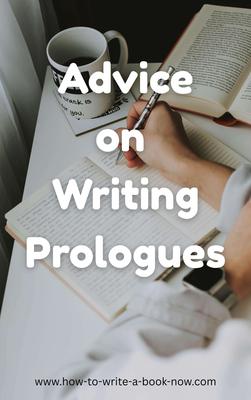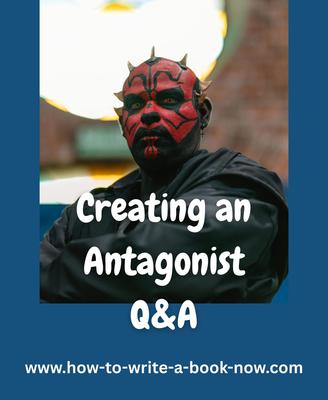Novel Structured Like an Essay
Question: Can you make a novel structured like an essay, i.e. intro, body, conclusion, with the body being the storyline?
Response: A nonfiction book can certainly be structured that way.
As for a novel, there are some novels with character narrators who address the reader at the start of the book in order to present a philosophical premise or an observation about life which is the equivalent of a thesis statement in an essay. This is sometimes referred to as a "philosophical opening."
For example, Pride and Prejudice by Jane Austin begins with the premise, "It is a truth universally acknowledged, that a single man in possession of a good fortune, must be in want of a wife."
The bulk of the novel then consists of the narrator telling the events of the story that illustrate the truth of that statement. The book is filled with young men and women seeking marriage. This is intended to convince the reader that the thesis is sound.
A variation would be a novel that raises a philosophical question. The events of the story are then intended to answer that question. Of course, the reader may interpret the events differently than the narrator.
Another example: The Great Gatsby by F. Scott Fitzgerald follows that pattern. It starts with the narrator, Tom, telling the reader about the importance of not judging people until you get to know them and making the observation that not everyone is born with the same sense of fundamental decencies. Then he
However, most novels do not have such a character narrator who states upfront what message he/she is trying to convey.
Stories do have premises or morals, lessons which are proven by their events and conclusions, but these are usually not stated upfront. Rather, they must be inferred by the reader. Fully developed stories often have more than one thematic issue that is being explored in the story, and can present several different morals.
Also, a well-developed story presents all sides of the argument, not just evidence that supports the premise. For instance, if you have a premise such as, "Love conquers all," the events in the story will, on balance, prove that love is stronger than the forces which oppose it. However, to avoid appearing too heavy-handed, you should probably include some events where love loses or where an opposing quality (perhaps hate, fear, greed, prejudice, etc.) wins.
Failure to include this kind of balance can make the story seem trite and unrealistic (because everyone knows that in life things are never black and white).
- Home
- Plot Questions
- Novel Structured Like an Essay















